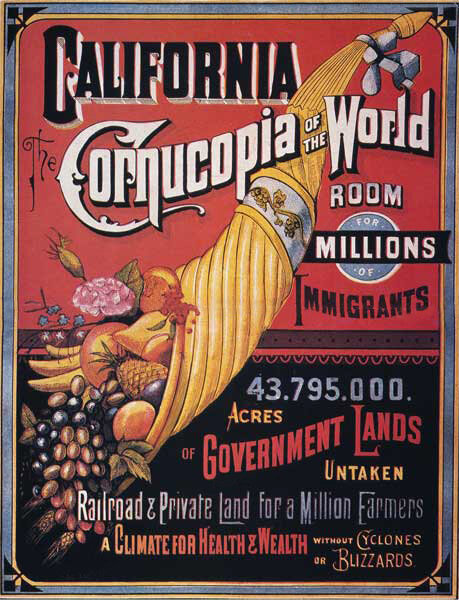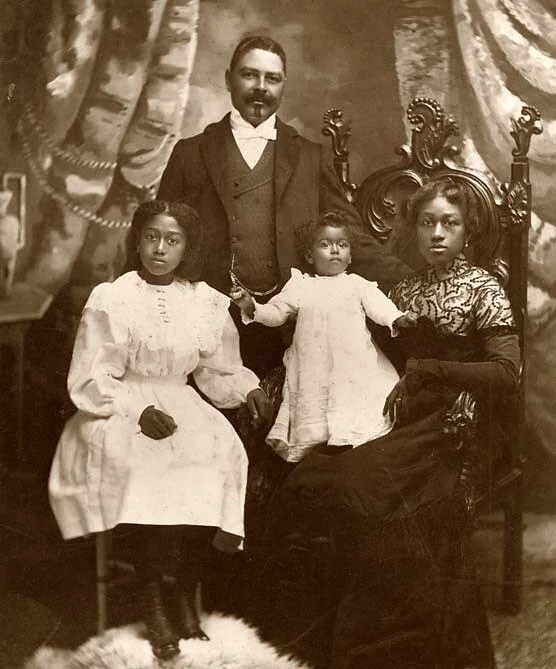Pipeline Projects
HBO
Semiotic Landscapes and Fallen Heroes: Repurposing the Myth of the West in Westworld. In Jones, C. (Ed.), A Dynamic Reimagining of American Mythology: Western Archetypes in a 21st Century Context. Lexington Books, Rowman & Littlefield.
Unlike classical Western stories or even repair pioneer narratives, this essay positions HBO’s sci-fi drama Westworld (2016-present) as representative of a particular repurposing of Western mythology and its cowboy archetype. By offering a close reading of the early minutes of the series’ pilot episode and paying specific attention to Westworld’s (re)making and revealing of classical Western motifs, this essay charts a particular repurposing of Western mythology and its cowboy archetype—one that exposes, upends, and eventually queers the myth in some ways, eschewing ‘organic’ readings of the Myth of the West and cowboy iconography to instead reveal their sociocultural construction.
Taken together, I argue that the pilot’s various moves engender forms of ‘critical remembering,’ helping make plain the meaning-making power of cultural representations of the past and revealing the complex ways in which we (re)produce, maintain, repair, evolve, and utilize various forms of dominant public memory when sustaining and/or critiquing our national project.
Illustrative of the ‘abundance’ and ‘opportunity’ rhetoric mobilized by railroad boosters, this late nineteenth-century Southern Pacific advertisement utilized the railroad’s common moniker for California: “Cornucopia of the World” to entice settlement. (Public domain image)
Erecting Eden: The Public Remaking of Race and Place in The California Origin Story (Under Contract, UC Press).
Erecting Eden: The Public Remaking of The California Origin Story (which I am adapting from my dissertation) interrogates the maintenance of American empire in California by critically examining the evolving origin stories that structure popular retellings of state history. California origin stories range from Indigenous tales shared since time immemorial to histories commemorating California’s imperial expansion, rush for gold, and destinies manifest. One state origin story centers on Old Town San Diego, which proclaims itself “The Birthplace of California.”
Erecting Eden charts how the evolving California origin story, especially as it is reimagined at Old Town San Diego State Historic Park (California’s most visited state park), remakes race and place by codifying new understandings of ethnic pluralism which appease changing social expectations while simultaneously legitimizing notions of White exceptionalism in the state.
Capt. William Thomas Shorey with his wife Julia Ann Shelton and daughters Zenobia Pearl and Victoria Grace in studio portrait at Oakland, Calif., after 1886. San Francisco Maritime Research Center / NPS, SAFR 21374.
The Black Pacific Project: Reimagining Race, Migration, and Diaspora
This multimedia project, which is in various stages of planning and implementation, seeks to uncover and amplify under-told histories of Black folks’ relationships to water, land, and peoples in particular Pacific regions by examining early histories of oceanic movement and settlement by people of African descent along the Pacific Coast of what is now the United States (California, Oregon, Washington, Alaska, and Hawai’i).
As the origins of Black people in the United States is generally told as a story of trans Atlantic travel tethered to enslavement, this project interrogates what is gained by moving beyond a trans-Atlantic master narrative in order to stitch together a comprehensive Pacific oriented view of race, migration, and diaspora. Furthermore, through archival research, oral history collection, public exhibition, community engagement, and media production, The Black Pacific Project joins scholarship that mobilizes “Afro-nostalgia" in order to "lace the gaps of historical memory with pleasure-inducing affect — not by rewriting the past but by embracing nostalgia’s imaginative capacity to rehabilitate the black historical past and refashion the present” (Ahad-Legardy, 2021, 8).
In addition to troubling and revisiting cultural canons that continue to shape understandings of settlement, extraction, ‘exploration,’ and environmental histories of race in the American West, this project also seeks to highlight Black/Indigenous relations of note in the geographic region of inquiry.
Initial seed funding for the Black Pacific Project was provided by a grant from the Democracy Lab at UC San Diego. The first public component of this project—a traveling banner exhibit, Take Me to the Water: Histories of the Black Pacific—is toured by Exhibit Envoy, and supported by California Humanities (visit calhum.org to learn more). Its physical gallery exhibit, vessel-build, and documentary planning are made possible in part by a major grant from the National Endowment for the Humanities: Democracy demands wisdom.


